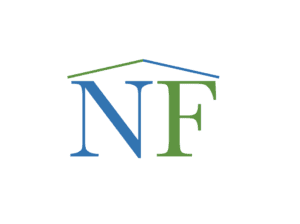According to a national survey by Philanthropy for Active Civic Engagement (PACE), 38 percent of Americans don’t know what it means to have a “pluralist” society. But whatever it means, 43 percent have negative or mixed feelings about a society described as “pluralist.” How could this be in a nation where almost every citizen is an immigrant or offspring of immigrants or a nation that celebrates freedom of religion and conscience?
In recent years numerous efforts have emerged, often supported by substantial philanthropic investment, to trumpet the importance of pluralism and to support “bridge-building” efforts across lines of difference.
 However, in a recent Chronicle of Philanthropy opinion piece, Neighborly Faith Director Chris Stackaruk argues that these programs often fail to adequately address toxic polarization.
However, in a recent Chronicle of Philanthropy opinion piece, Neighborly Faith Director Chris Stackaruk argues that these programs often fail to adequately address toxic polarization.
The AVDF-funded program Neighborly Faith is a national movement that works to build relationships between groups that are often highly polarized: Evangelical college students and Muslims in their communities.
Stackaruk argues that many working in the pluralism space aren’t effectively accomplishing their goal of addressing the extreme religious and political tensions that exist in today’s America.
To read the full piece published in The Chronicle of Philanthropy, click here.
Back to all Stories